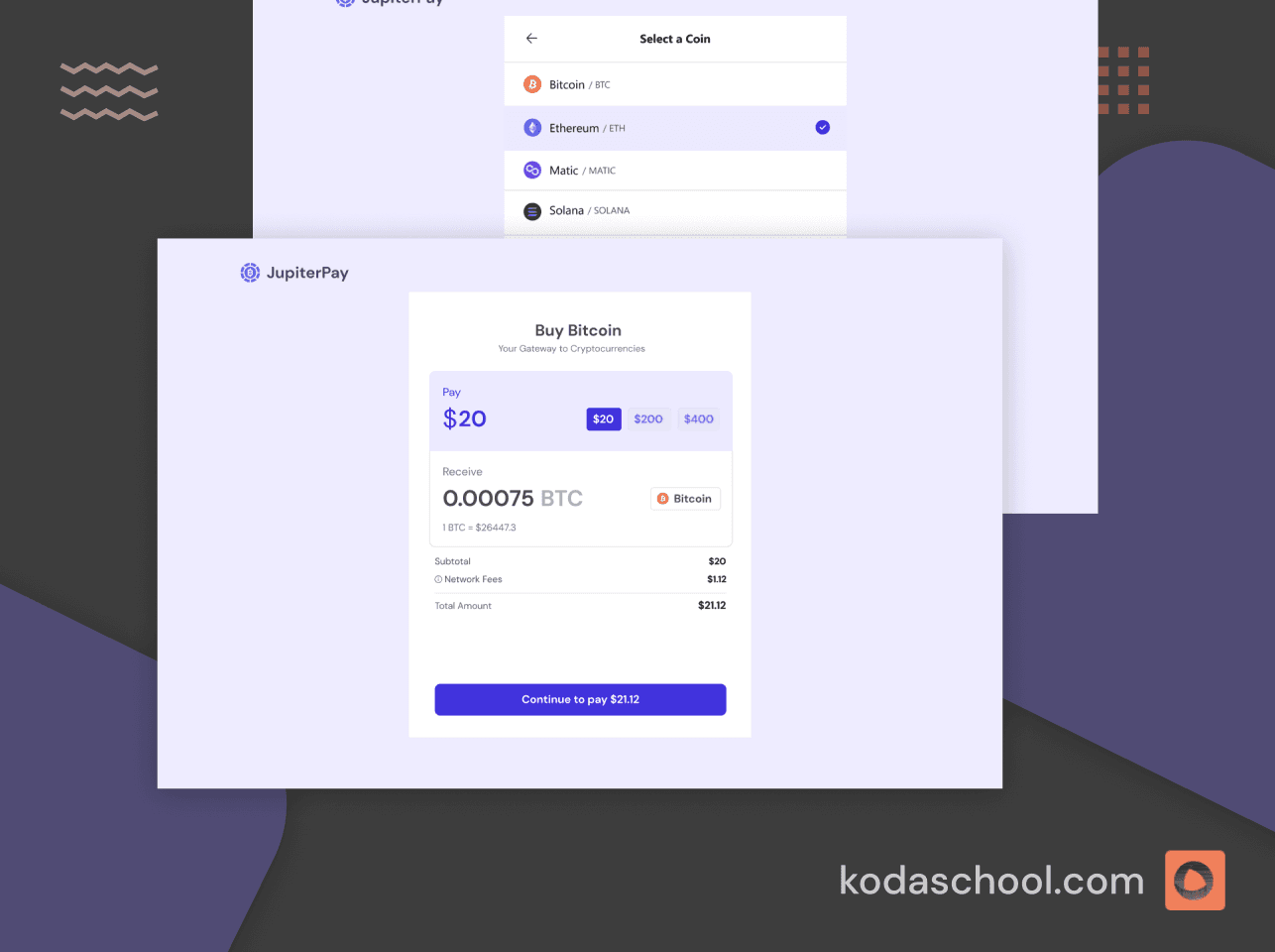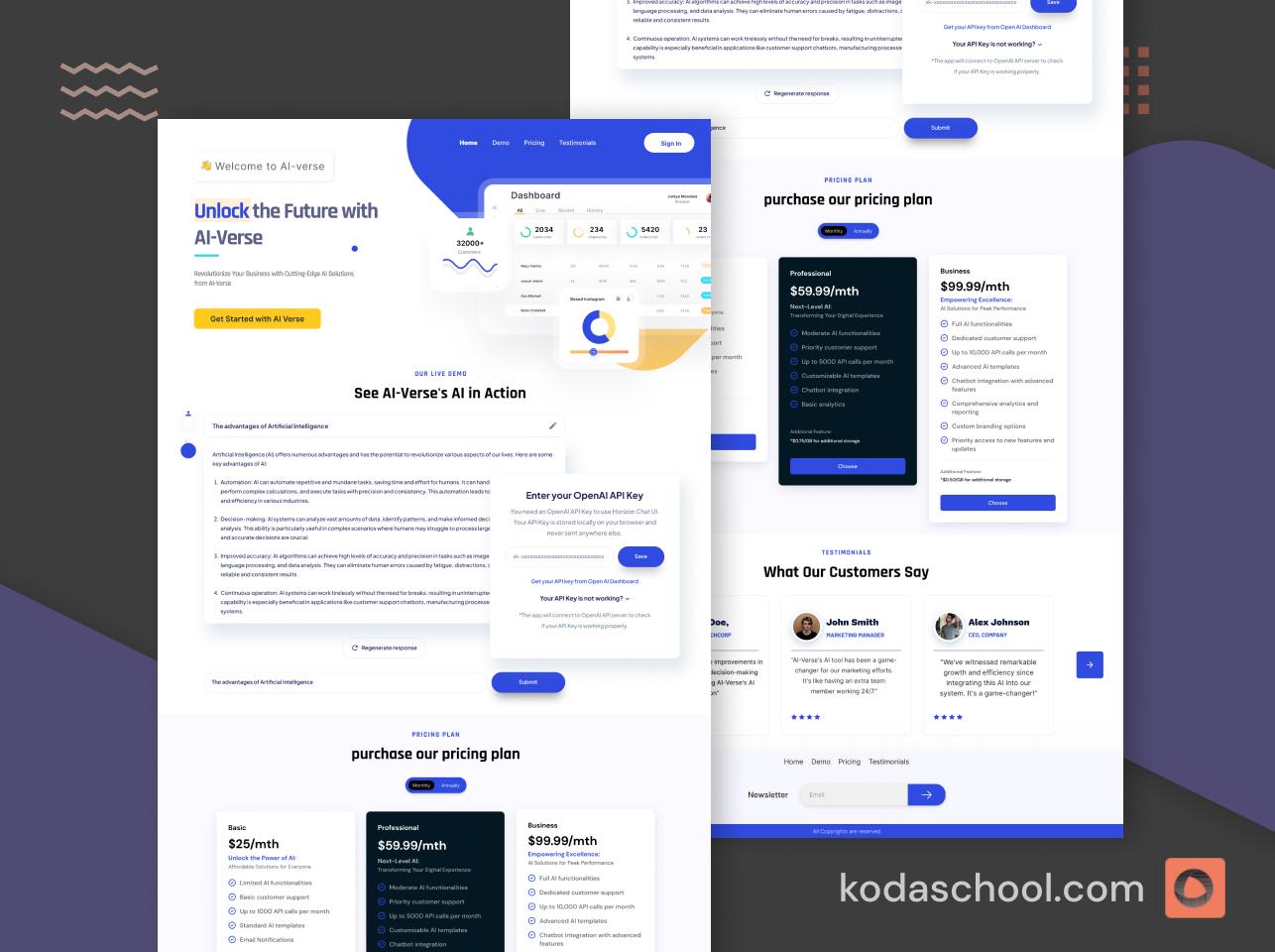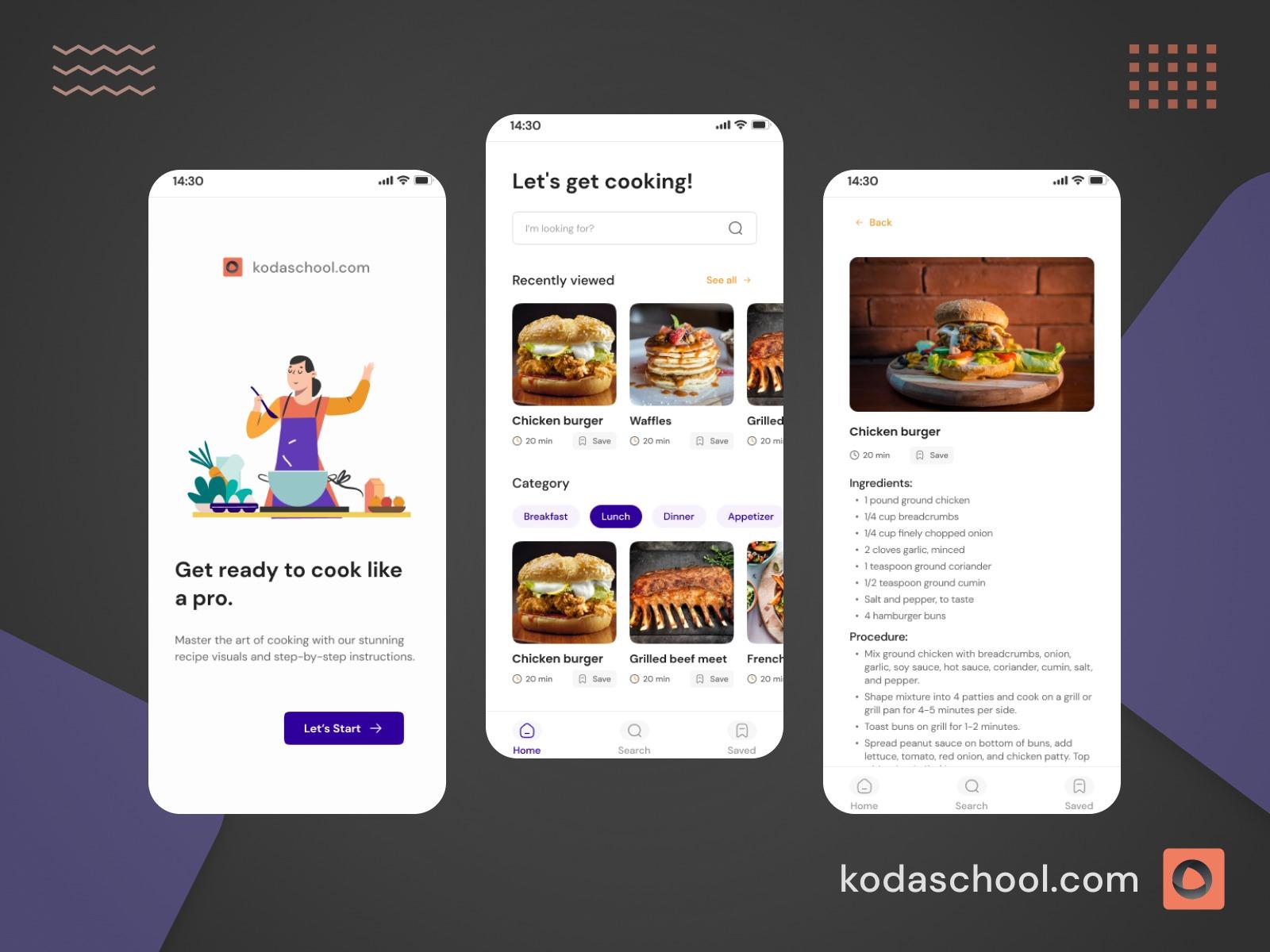Exploring Stream SDK with React Native CLI
Real-time communication is crucial for many apps. The Stream Chat SDK simplifies adding chat features to your React Native CLI app.
Exploring Stream SDK with React Native
Introduction
- In today's world, real-time communication is a fundamental part of many applications. Whether it's a messaging app, a support chat, or collaborative workspaces, integrating chat functionality is a common requirement. Stream Chat SDK simplifies this process, making it easier than ever to add chat features to your React Native CLI application. In this repo, we'll walk you through the steps to create a chat application using Stream Chat SDK and React Native CLI.
Try Kodaschool for free
Click below to sign up and get access to free web, android and iOs challenges.
Benefits of Using React Native with StreamSDK
- Cross-Platform Development: React Native allows you to write code once and deploy it on both iOS and Android platforms. When combined with Stream SDK, you can create real-time chat and activity feed functionality that works seamlessly across both major mobile platforms, reducing development time and effort.
- Reusability: React Native promotes the use of reusable components. When you integrate Stream SDK, you can create custom chat and activity feed components that can be reused throughout your app, maintaining a consistent look and feel.

Prerequisite
- Node.js and npm: Ensure you have Node.js and npm installed on your development machine.
- React Native CLI: Set up React Native CLI on your system by following the official documentation.
Stream Chat Account: Sign up for a Stream Chat account at https://getstream.io/chat/ and obtain your API Key.
Stream Chat is a tool that provides chat API and SDKs for custom messaging applications, thus enabling the user to build real-time chat quickly. The user can swiftly ship in-app messaging with the tool’s highly reliable chat infrastructure.https://getstream.io/chat/
Setting Up Your React Native Project
If you haven't already created a React Native project, you can do so using the following command:
npx react-native init YourChatApp
Replace YourChatApp with your desired project name.
Integrating Stream Chat SDK
Now, let's integrate Stream Chat SDK into your React Native project using the provided code. Copy the code you provided at the beginning of this post into your project. This code sets up a basic chat screen with Stream Chat components.
import {
Channel,
ChannelList,
Chat,
MessageInput,
MessageList,
OverlayProvider,
} from 'stream-chat-react-native';
import React, { useEffect, useState } from 'react';
import { StyleSheet, View } from 'react-native';
import { ChatContextProvider } from './ChatContext';
import { GestureHandlerRootView } from 'react-native-gesture-handler';
import { StreamChat } from 'stream-chat';
const API_KEY = 'your api key';
const client = StreamChat.getInstance(API_KEY);
// ...
// Rest of your code remains the same
Configuration
Before running your React Native application, you need to configure it properly. Update the id and name fields in the connectUser method with appropriate user details:
await client.connectUser(
{
id: 'your-user-id',
name: 'your-user-name',
},
client.devToken('your-user-id'),
);
Replace 'your-user-id' and 'your-user-name' with the user information you want to use for testing.
Running Your Chat Application
With the Stream Chat SDK integrated and configured, you can now run your React Native application:
npx react-native run-android # For Android
# or
npx react-native run-ios # For iOS
This command will start your React Native development server and open your application on the specified platform. You should see the chat interface on your device or emulator.
Thank you for reading 🥳











